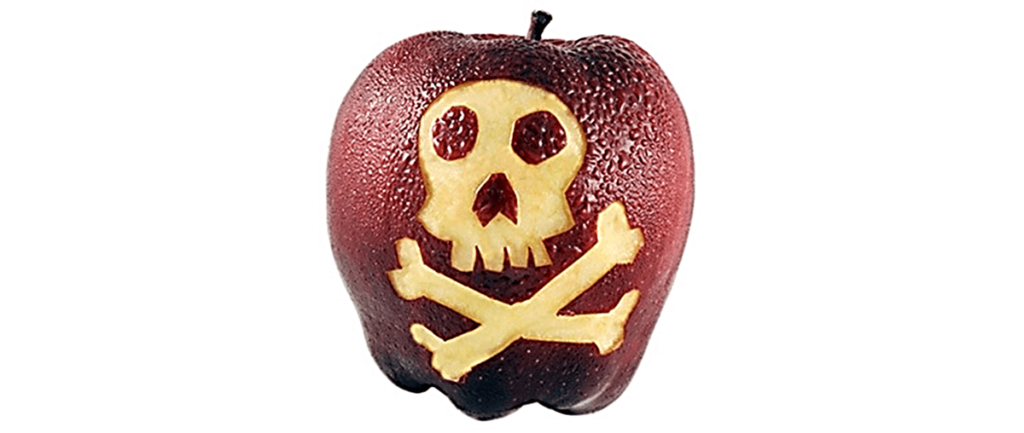The average American dieter makes 4-6 dieting attempts per year.
Clearly that means the first…and second…and third attempt weren’t successful. It’s a vicious circle of demotivation that leaves many feeling like they cannot succeed without superhuman tenacity.
Maybe you are ready to throw in the (oversized) towel on dieting for good.
Don’t be. Take a minute to look at the four reasons why most diets fail, and then find a diet plan that bypasses these pitfalls. Soon you will find yourself on track to optimal success.
Let’s look at the four key factors.
Unrealistic Calorie Intakes
The “starvation mode” method only sets you up to fail. By consuming so little food, your body literally starts shutting down to conserve fuel.
When this happens, you are on a one-way path to a fat loss plateau. Yes, you should lower calorie intake to see fat loss results, but you need to do it in a way that maintains your “metabolic engine”.
Lack Of Satiety-Boosting Nutrients
Another big issue with most conventional diets is they fail to provide enough of the two most filling nutrients: protein and fiber. You need protein to function optimally. It’s also breaks down slowest, providing the body with lasting satiety.
Couple protein with dietary fiber, found in fresh fruits and vegetables, and digestion will slow even further.
Many crash diet plans are very low in protein. While they recommend lots of vegetables, many discourage the consumption of fruit.
By making these two nutrients a focus of your plan instead, you can see faster, lasting results while actually enjoying your diet meal plan.
Time Consuming Meal Prep
Who has an hour each and every day to meal prep? Not me — and definitely not you. Yet, many diet plans are complicated enough to require this. If that describes your diet, it’s no wonder if you’re failing.
Alternatively, you want to find an approach that gives you basic and easy-to-implement guidelines that help you realize true success with your program.
This plan should not require hours of extra effort each week. In that case, it’s stealing free time that you should use to reward yourself for good behavior. It should work with your lifestyle, not against it. When you find such a plan, it’ll be cake to stick with it.
Long-Term Approach
Chances are you’ve heard that any diet plan you use should follow a long-term approach.
That’s excellent advice.
However, if your diet plan is designed to span months, this can be a motivation killer.
Find a diet that can act fast. Two weeks is optimal because that’s how long it takes to form long-term habits. Two weeks is also a long enough to see good results, but not short enough to stay motivated.
To harness the powerful psychology behind Puravive

Must Watch: How A 28-yr- Old Got Fired &Then Built A $500k-A-Month Business ⇒





